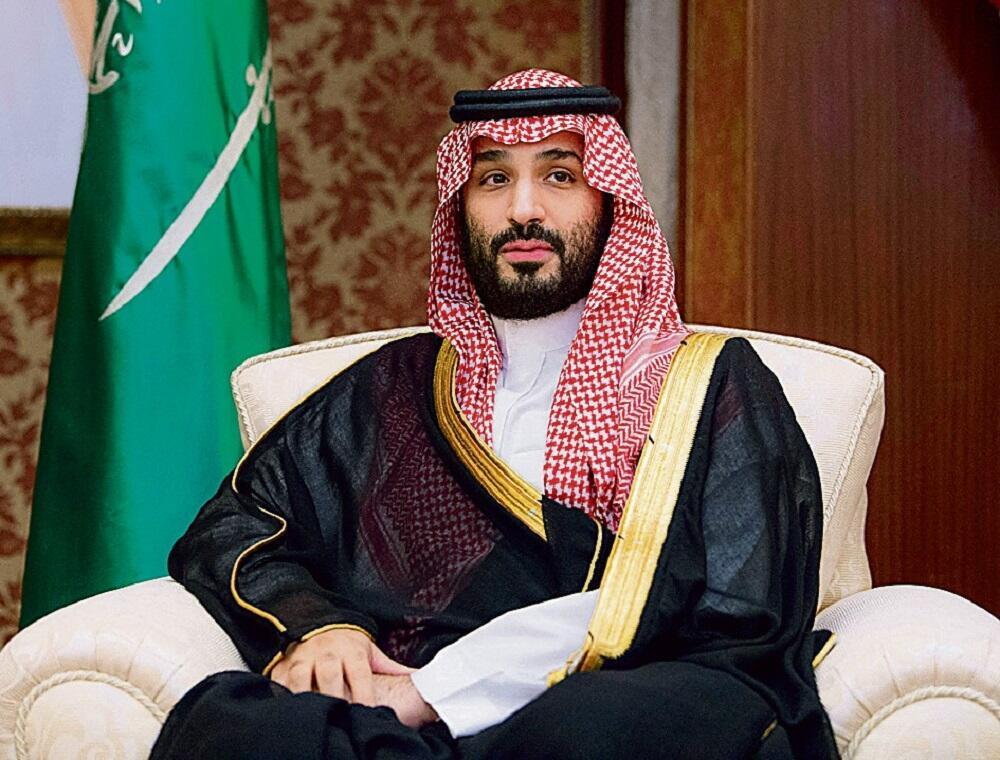
Photo Credit: Getty Images
Saudi Arabia has officially been named the host nation for the 2034 FIFA World Cup following an uncontested bid. The announcement was made during an online FIFA Congress, marking the culmination of a swift 14-month process that saw the Gulf nation emerge as the sole candidate from the Asia and Oceania regions capable of hosting the expanded tournament, now featuring 104 matches.
The decision was effectively sealed earlier this year when South America, initially a rival bidder, agreed to host the opening matches of the 2030 World Cup, with Spain, Portugal, and Morocco hosting the remainder. FIFA rules prohibited bids from Europe, Africa, or South America for 2034, leaving Saudi Arabia as the only contender.
Despite its successful bid, concerns remain over the tournament's timing due to Saudi Arabia's extreme summer temperatures, which often exceed 40°C between May and September. FIFA's evaluation report suggested the competition might need to be held between October and April, when temperatures range between 20°C and 30°C.
A January World Cup is under consideration to avoid conflicts with Ramadan (November 11–December 10, 2034) and the Christmas-New Year period. However, such a move could disrupt European domestic leagues, as seen during the 2022 Qatar World Cup, which caused scheduling issues across top divisions.
FIFA's report highlighted Saudi Arabia's commitment to providing optimal conditions for players and fans while acknowledging logistical challenges, including climate and the scheduling of religious events like Ramadan and the Hajj pilgrimage.
The report also emphasized Saudi Arabia's pledge to uphold international human rights standards, focusing on labor rights, safety, gender equality, and press freedom. However, it noted "gaps and reservations" in implementing international standards, particularly where they might conflict with Islamic law.
Human rights organizations, including Amnesty International, have criticized the report, calling it a "whitewash." Notably, the evaluation made no mention of LGBTQ+ rights in Saudi Arabia, where homosexuality remains criminalized.
To prepare for the tournament, Saudi Arabia plans to build 11 new stadiums and upgrade four existing venues, including a $1 billion "cliffhanger" stadium. The report described infrastructure and accommodation risks as "medium" but commended the establishment of worker welfare systems to protect those involved in construction projects.
The decision follows FIFA's controversial 2022 World Cup in Qatar, which faced global scrutiny over labor conditions for migrant workers. FIFA's relationship with Saudi Arabia has strengthened in recent years, including a lucrative sponsorship deal with Aramco and potential investments in DAZN, the broadcaster for FIFA's revamped Club World Cup.
The process of awarding the 2034 World Cup has faced backlash for its lack of transparency. Norway's Football Federation (NFF) abstained from the acclamation vote, criticizing FIFA for sidelining principles of good governance. NFF President Lise Klaveness argued the process lacked accountability and predictability.
Despite these concerns, FIFA awarded Saudi Arabia the highest-ever score in its bid evaluation, labeling the human rights risks as "medium." While Saudi Arabia's bid has been praised for its technical merits, critics remain skeptical about the kingdom's ability to deliver on its promises, particularly in labor and human rights reforms.
The 2034 FIFA World Cup marks another significant step in the Middle East's growing influence in global sports, but the decision continues to spark debates over ethics, governance, and the future of football.

















